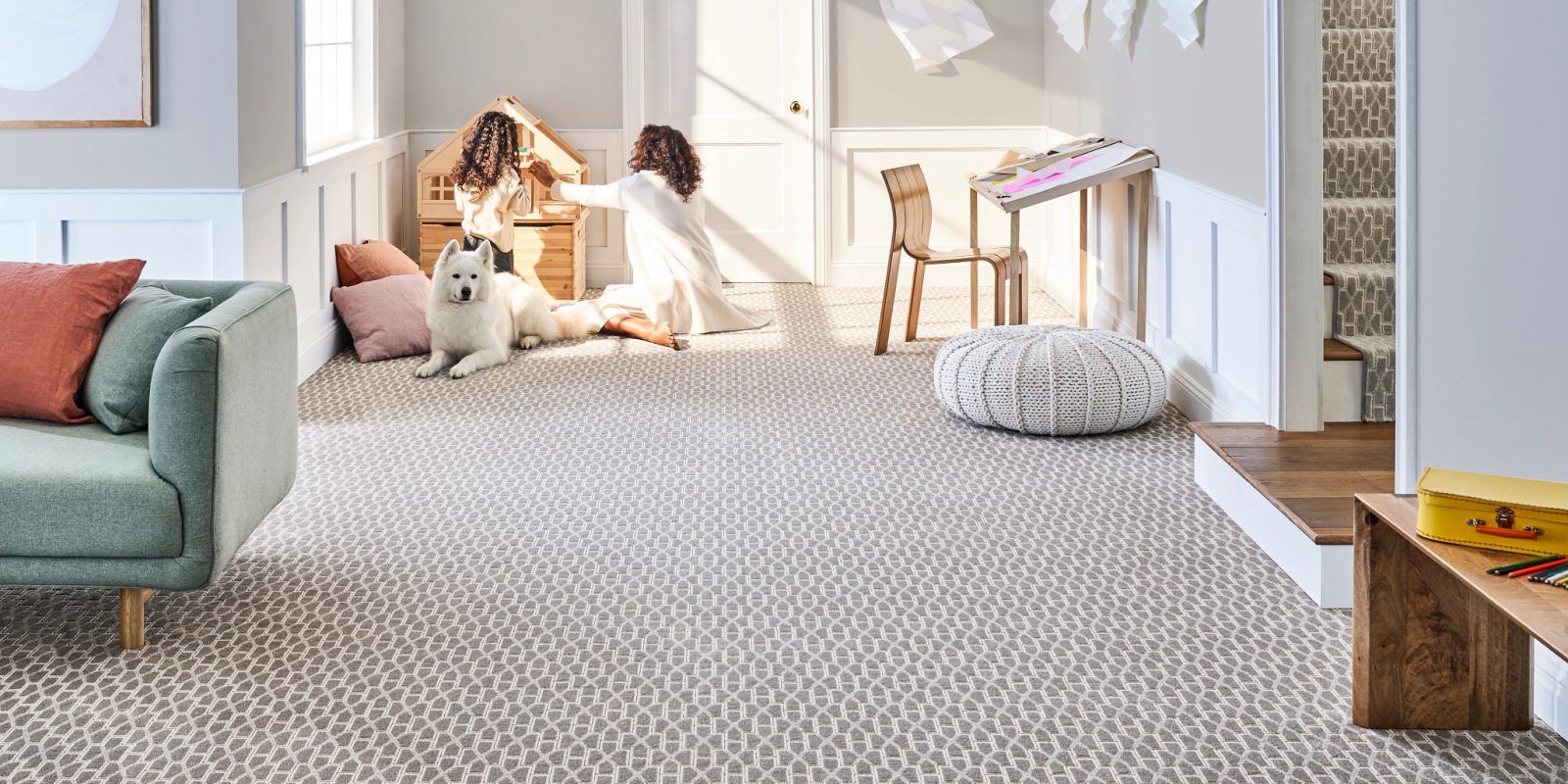Cork Flooring Installation
When considering flooring options, you may want to explore the unique benefits of cork flooring. Cork flooring not only offers a distinct aesthetic appeal but also provides excellent insulation and comfort underfoot. We specialize in cork flooring installation at Phoenix Flooring Company, ensuring a smooth process from start to finish.
Our experienced team understands the advantages that cork brings to your home. It’s a sustainable choice that helps reduce noise and can even be easier on your joints. With our professional installation services, you can enjoy a beautiful and functional floor that lasts for years.
Choosing the right flooring is crucial for your space. By opting for cork flooring, you can create a warm, inviting atmosphere while benefiting from its durability. Let us guide you through the installation, so you can experience all that cork has to offer.
What Is Cork Flooring?
Cork flooring comes from the bark of cork oak trees. This material is harvested without harming the tree, making it an eco-friendly option. The bark is stripped every nine to twelve years, allowing the tree to continue growing.
Cork is made into planks or tiles that can be installed in various ways, including as a floating floor. This flexibility makes cork suitable for homes or businesses. With options in different colors and patterns, cork can fit into any design style.
Benefits of Choosing Cork
- Comfort: Cork is soft and cushioned underfoot, providing comfort when standing or walking on it.
- Insulation: It naturally insulates against temperature changes and sound, making your space quieter and cozier.
- Sustainability: As a renewable resource, cork is harvested responsibly, reducing the environmental impact.
- Hypoallergenic: Cork resists mold, mildew, and pests, ideal for those with allergies.
- Durability: With proper care, cork can last a long time, making it a wise investment.
Installation Process
We focus on preparing the subfloor correctly, applying the right installation techniques, and adding finishing touches that enhance the look and durability of the floor.

1. Assessing the Installation Space
First, we must evaluate the area where the cork flooring will be installed. Check for any existing flooring that needs removal or repair. Make sure the subfloor is clean, dry, and level since an uneven surface can lead to issues later.
2. Material Acquisition and Preparation
Once we have assessed the space, we move on to gathering materials. It’s crucial to purchase the right amount of cork flooring. Typically, we suggest buying 10% more than the measured area to account for cutting and fitting.
3. Cork Tile Installation
We use specific techniques when installing cork tiles to make sure the process is efficient and long-lasting.
4. Finishing Touches and Sealing
Once the tiles are installed, we add finishing touches to enhance appearance and protect the cork.
5. After Installation Care
To maintain your cork flooring, regular cleaning is essential. Use a soft broom or vacuum with a soft brush attachment to remove dirt and debris. Avoid using a wet mop, as excess moisture can damage the cork. Instead, lightly dampen a mop with a pH-neutral cleaner made for cork or hardwood floors.
6. Damage Prevention
Preventing damage to your cork flooring is straightforward. We should ensure that your cork floors are not exposed to excessive water or humidity, as this can cause warping. Using a dehumidifier in moist areas can help control the environment.
Cork Flooring and the Environment
Cork flooring is made from the bark of cork oak trees. Harvesting this bark does not harm the trees. Instead, it allows the trees to continue growing and absorbing carbon dioxide, which helps reduce greenhouse gases.
Cork is also lightweight and provides excellent insulation. This means less energy is needed for heating and cooling your home, saving you money on energy costs. Its natural properties also help minimize sound, making your space quieter.
Using cork can reduce waste compared to synthetic materials. Products made from cork are generally low in volatile organic compounds (VOCs). This results in better air quality in your home.
Overall, cork is a sustainable and eco-friendly flooring option that contributes to a healthier planet.

Warranty and Customer Service
We understand that warranty and customer service are crucial when choosing flooring. We provide comprehensive coverage and support to ensure you have the best experience with your cork flooring installation.
Warranty Coverage Details
Our cork flooring comes with a limited warranty that guarantees protection against defects in material and workmanship. This typically covers:
- Structural Integrity: If your cork flooring fails due to manufacturing issues, we will replace it.
- Wear and Tear: Many cork flooring products also come with wear warranties that ensure the surface remains intact under normal use.
It's important to keep your purchase receipt and follow specific care instructions to maintain warranty coverage. Should any issues arise, we recommend contacting us promptly for assistance.
Service and Support from Phoenix Flooring Company
At Phoenix Flooring Company, we pride ourselves on excellent customer support. Our team is ready to assist you with any questions or concerns about your cork flooring. You reach us through various channels:
- Phone Support: Call us during business hours for immediate assistance.
- Email Inquiries: Send us your questions, and we will respond as quickly as possible.
- In-Person Visits: For hands-on help or consultations, visit our showroom.
We also offer guidance about the proper maintenance of your cork flooring to extend its life and keep it looking great. Your satisfaction is our priority, and we are here to help every step of the way.
FAQs on Cork Floor Installation
We understand you may have questions about cork flooring installation with Phoenix Flooring Company. Below, we address common inquiries to help you make an informed decision.
What types of cork flooring are available?
Cork flooring comes in glue-down tiles, floating click-lock planks, and engineered cork with varying wear layers, thicknesses, and finish options. Traditional glue-down tiles (12"x12" or 12"x24") adhere directly to the subfloor and require finishing after installation. Floating click-lock planks feature interlocking edges and come pre-finished, typically incorporating a cork veneer over a high-density fiberboard core.
Engineered cork includes multiple layers with different densities for specific performance characteristics. Thickness options range from 4mm to 12mm, with thicker products offering better insulation and comfort. Finish options include polyurethane, wax, vinyl overlays, and unfinished tiles for custom staining.
How much does cork flooring installation cost?
Cork flooring installation typically costs $8-$12 per square foot including materials and professional labor, with variables including product quality, subfloor preparation, and project complexity. Basic cork materials range from $3-$8 per square foot depending on thickness, wear layer, and finish quality. Professional installation adds $2-$5 per square foot, varying by location and installation method.
Subfloor preparation may add $1-$3 per square foot if significant leveling or repair is required. Additional costs include underlayment, trim, thresholds, and furniture moving services. Higher-end cork products with premium finishes and longer warranties can increase material costs to $8-$12 per square foot before installation.
How long does cork floor installation take?
Cork installation typically takes 1-3 days for average residential spaces (300-500 square feet). Subfloor preparation may add 1-2 days if extensive leveling is needed. Click-lock floating installations progress faster than glue-down methods. Complex room layouts with multiple doorways or cabinets require more detailed cutting, extending installation time. Floating floors allow immediate light foot traffic while glue-down methods require 24 hours before furniture placement. Complete adhesive curing takes 72 hours.
